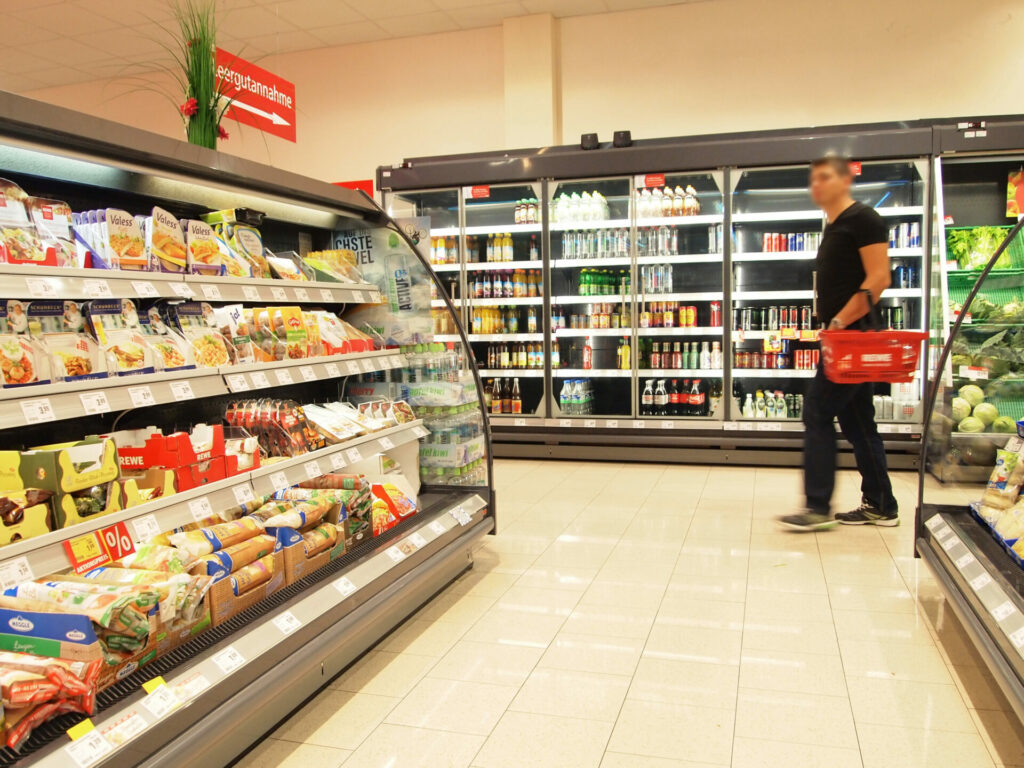Inflation fell during March in all of Belgium's neighbouring countries with available data, rendering Belgium an outlier after the country's official statistics office recently reported that its inflation rate increased in March.
According to the latest data published by Trading Economics, France's inflation rate fell to 5.6% this month, down from 6.3% in February. Similarly, Germany's rate declined to 7.4% from 8.7%, while the Netherlands' rate decreased to 4.4% from 8%. (Luxembourg's March figures have not yet been released.)
Belgium's inflation rate, meanwhile, rose to 6.67%, up from 6.62% in February — the first increase since inflation peaked at 13.1% in October last year.
Other than Belgium, only Slovenia has registered an increase in its March inflation rate (to 10.5% from 9.3%). Meanwhile, inflation has declined in every other EU country for which data is available, including Spain (to 3.3% from 6%), Portugal (to 7.4% from 8.2%), Italy (to 7.7% from 9.1%), Austria (to 9.1% from 10.9%), Croatia (10.6% from 12%), and Poland (to 16.2% from 18.4%).
Digging into the details
Economic experts say that the principal cause of the EU's overall downward inflationary trajectory is declining energy prices, which in turn were precipitated by this year's unseasonably warm weather.
"Europe is very lucky at the moment with the weather," Claus Vistesen, Chief Eurozone Economist at Pantheon Macroeconomics, recently told The New York Times.
In its most recent report, Statbel, Belgium's official statistics office, similarly noted that declining energy prices were a source of downward pressure on the country's inflation rate. Energy inflation in Belgium is now heavily negative at -10.11%, compared to -7.93% last month and 5.21% in January. Energy's contribution to the headline inflation rate is also negative (-1.49 percentage points).
Related News
- A worrying reversal: Inflation in Belgium increases for first time in five months
- Belgium basks in unusually warm winter: RMI highlights abnormal conditions
Statbel noted, however, that the decline in energy costs in Belgium was outweighed by rising food prices. Food inflation is now running at 17.02% in Belgium, up from 16.12% in February. Food currently contributes 3.12 percentage points to the headline inflation rate.
In a plenary report published earlier this year, the European Parliament attributed rising food costs in the EU to a range of factors, including extreme weather, Russia's invasion of Ukraine, and Covid-19 lockdowns, which resulted in severe labour shortages and logistics bottlenecks.
"The chain of disruptions caused by the Covid-19 pandemic, extreme weather events and the Russian invasion of Ukraine in 2022 have led to severe shortages in the agri-food chain, resulting in higher consumer prices," the report noted.

